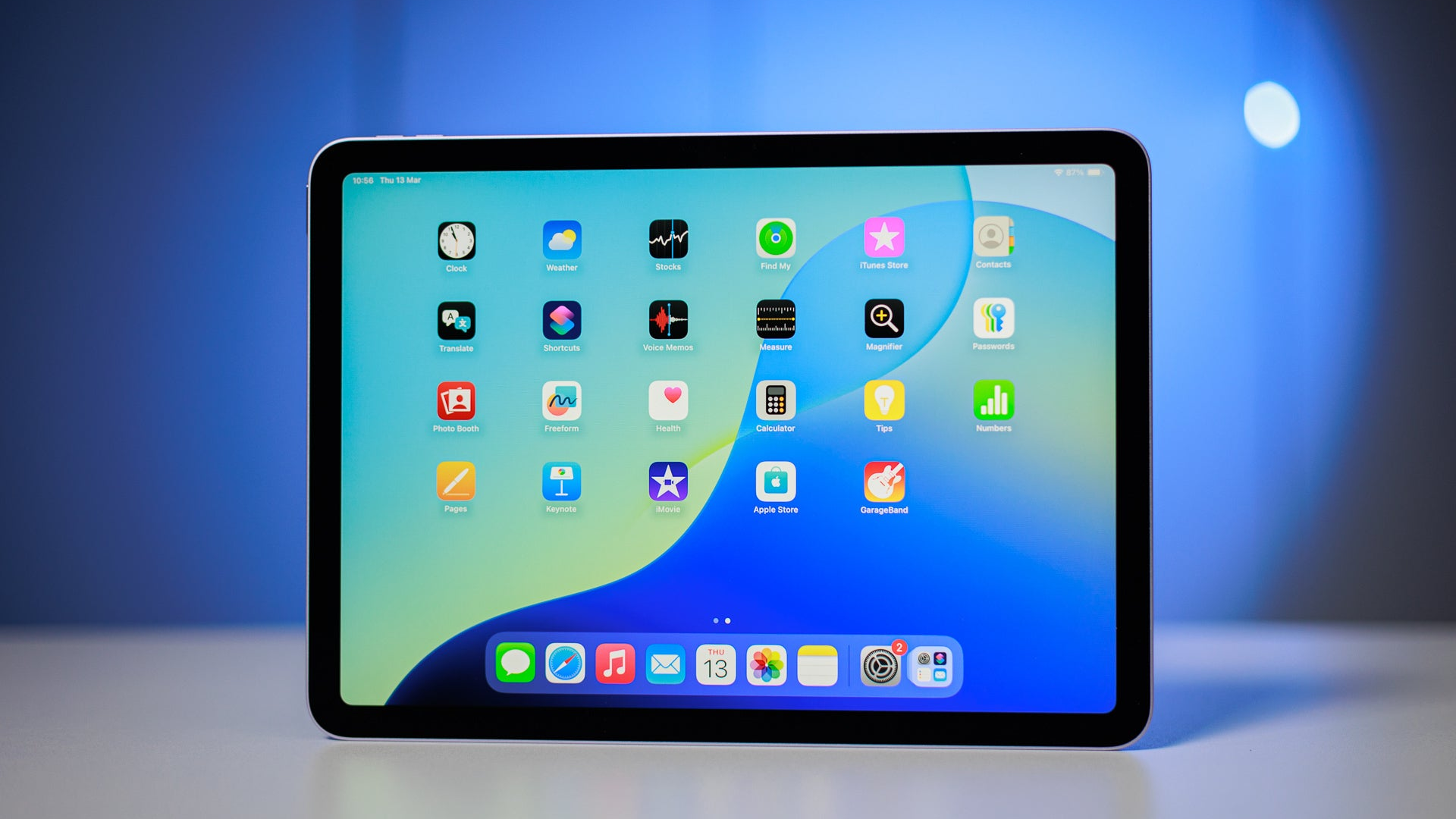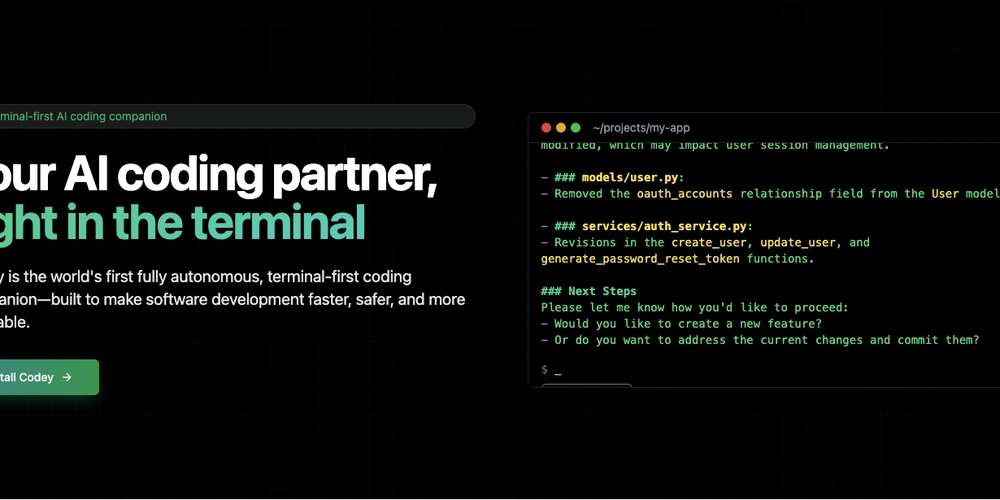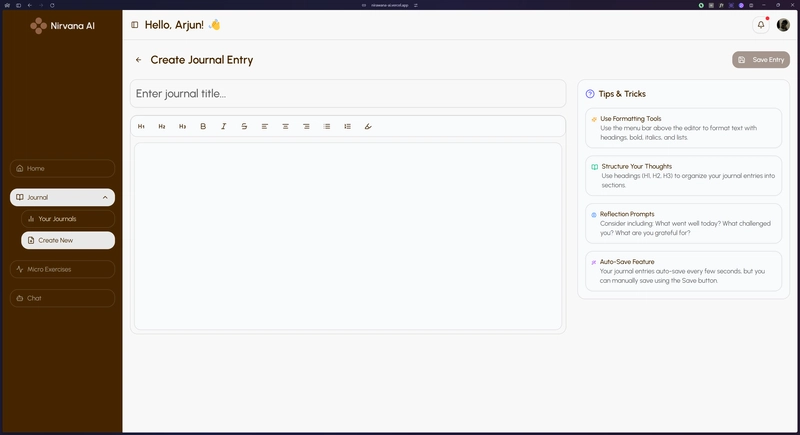Customer Relationship Management (CRM) Trends: Shaping the Future of Business
In today's fast-paced digital landscape, businesses of all sizes rely heavily on Customer Relationship Management (CRM) systems to build strong, lasting relationships with their customers. CRM is no longer just about storing contact information — it has evolved into a powerful tool that drives customer engagement, streamlines business processes, and fuels growth. As customer expectations continue to rise, CRM platforms must adapt and innovate. In this article, we’ll explore the key CRM trends reshaping the business world and how companies can stay ahead of the curve. 1. AI Integration is Revolutionizing CRM Artificial Intelligence (AI) is one of the most significant forces transforming CRM systems today. From predictive analytics to chatbots and personalized customer interactions, AI is enhancing every aspect of customer management. For instance, businesses are now using AI-powered CRM tools to forecast customer behavior, automate repetitive tasks, and deliver highly personalized marketing campaigns. If you want a deeper dive into this evolution, our detailed article on AI in CRM: Transforming Customer Experience explains how AI is reshaping the way businesses connect with their customers. AI doesn’t just make CRM smarter; it also makes it more intuitive, proactive, and efficient — giving companies a competitive edge in today's crowded market. 2. Hyper-Personalization is the New Standard Gone are the days of one-size-fits-all marketing. Modern customers expect personalized experiences tailored to their preferences, behaviors, and purchase history. CRM systems are now leveraging advanced data analytics to create hyper-personalized communications. Businesses can segment their audience with incredible precision and deliver messages that truly resonate, resulting in higher engagement rates and stronger customer loyalty. Hyper-personalization, fueled by AI, enables businesses to recommend products, offer solutions, and even predict customer needs before they arise — all through CRM platforms. 3. Omnichannel Communication is a Must Customers interact with brands across multiple channels — email, social media, live chat, phone calls, and more. Today’s CRM platforms must unify these touchpoints into a seamless experience. Omnichannel CRM ensures that no matter how a customer reaches out, their history and preferences are readily available to the support or sales team. This holistic view allows businesses to respond faster, personalize conversations, and maintain consistency across every channel. In 2025 and beyond, companies that fail to offer an omnichannel customer experience will struggle to meet evolving expectations. 4. CRM and Data Privacy Go Hand in Hand As data privacy regulations like GDPR and CCPA become stricter, CRM systems must prioritize customer data protection. Businesses must invest in CRM solutions that not only store customer data securely but also offer transparency and control to the customers over how their data is used. Trust is now a crucial component of customer relationships, and companies that protect and respect customer data will build stronger bonds and gain a competitive advantage. 5. Mobile-First CRM Solutions With more professionals working remotely or on the move, mobile CRM applications are no longer optional — they are essential. Modern CRM platforms must offer robust mobile solutions that allow sales, marketing, and service teams to access customer information, update records, and communicate with clients from anywhere. Mobile CRM enhances productivity, enables real-time decision-making, and ensures that businesses remain responsive no matter where their teams are located. 6. Voice Technology and CRM Voice search and voice commands are becoming increasingly popular. Integrating voice technology with CRM can enhance usability and efficiency. Imagine sales teams updating client records through voice notes or customer service agents pulling up customer information via voice search. Voice-assisted CRM tools are set to improve speed, reduce errors, and make CRM systems even more accessible in the future. 7. Self-Service Customer Portals Today’s customers prefer to solve issues themselves whenever possible. CRM systems are evolving to offer self-service portals where customers can find answers, update information, and even place orders without needing to interact with a representative. Self-service tools not only empower customers but also reduce the workload on support teams, allowing businesses to allocate resources more efficiently. 8. CRM Systems Becoming Industry-Specific Another growing trend is the rise of vertical-specific CRM solutions. Instead of offering generic platforms, vendors are now creating CRMs tailored to specific industries like healthcare, real estate, finance, and retail. Industry-specific CRM systems come pre-loaded with workflows, compliance measures,

In today's fast-paced digital landscape, businesses of all sizes rely heavily on Customer Relationship Management (CRM) systems to build strong, lasting relationships with their customers. CRM is no longer just about storing contact information — it has evolved into a powerful tool that drives customer engagement, streamlines business processes, and fuels growth.
As customer expectations continue to rise, CRM platforms must adapt and innovate. In this article, we’ll explore the key CRM trends reshaping the business world and how companies can stay ahead of the curve.
1. AI Integration is Revolutionizing CRM
Artificial Intelligence (AI) is one of the most significant forces transforming CRM systems today. From predictive analytics to chatbots and personalized customer interactions, AI is enhancing every aspect of customer management.
For instance, businesses are now using AI-powered CRM tools to forecast customer behavior, automate repetitive tasks, and deliver highly personalized marketing campaigns. If you want a deeper dive into this evolution, our detailed article on AI in CRM: Transforming Customer Experience explains how AI is reshaping the way businesses connect with their customers.
AI doesn’t just make CRM smarter; it also makes it more intuitive, proactive, and efficient — giving companies a competitive edge in today's crowded market.
2. Hyper-Personalization is the New Standard
Gone are the days of one-size-fits-all marketing. Modern customers expect personalized experiences tailored to their preferences, behaviors, and purchase history.
CRM systems are now leveraging advanced data analytics to create hyper-personalized communications. Businesses can segment their audience with incredible precision and deliver messages that truly resonate, resulting in higher engagement rates and stronger customer loyalty.
Hyper-personalization, fueled by AI, enables businesses to recommend products, offer solutions, and even predict customer needs before they arise — all through CRM platforms.
3. Omnichannel Communication is a Must
Customers interact with brands across multiple channels — email, social media, live chat, phone calls, and more. Today’s CRM platforms must unify these touchpoints into a seamless experience.
Omnichannel CRM ensures that no matter how a customer reaches out, their history and preferences are readily available to the support or sales team. This holistic view allows businesses to respond faster, personalize conversations, and maintain consistency across every channel.
In 2025 and beyond, companies that fail to offer an omnichannel customer experience will struggle to meet evolving expectations.
4. CRM and Data Privacy Go Hand in Hand
As data privacy regulations like GDPR and CCPA become stricter, CRM systems must prioritize customer data protection.
Businesses must invest in CRM solutions that not only store customer data securely but also offer transparency and control to the customers over how their data is used.
Trust is now a crucial component of customer relationships, and companies that protect and respect customer data will build stronger bonds and gain a competitive advantage.
5. Mobile-First CRM Solutions
With more professionals working remotely or on the move, mobile CRM applications are no longer optional — they are essential.
Modern CRM platforms must offer robust mobile solutions that allow sales, marketing, and service teams to access customer information, update records, and communicate with clients from anywhere.
Mobile CRM enhances productivity, enables real-time decision-making, and ensures that businesses remain responsive no matter where their teams are located.
6. Voice Technology and CRM
Voice search and voice commands are becoming increasingly popular. Integrating voice technology with CRM can enhance usability and efficiency.
Imagine sales teams updating client records through voice notes or customer service agents pulling up customer information via voice search.
Voice-assisted CRM tools are set to improve speed, reduce errors, and make CRM systems even more accessible in the future.
7. Self-Service Customer Portals
Today’s customers prefer to solve issues themselves whenever possible. CRM systems are evolving to offer self-service portals where customers can find answers, update information, and even place orders without needing to interact with a representative.
Self-service tools not only empower customers but also reduce the workload on support teams, allowing businesses to allocate resources more efficiently.
8. CRM Systems Becoming Industry-Specific
Another growing trend is the rise of vertical-specific CRM solutions. Instead of offering generic platforms, vendors are now creating CRMs tailored to specific industries like healthcare, real estate, finance, and retail.
Industry-specific CRM systems come pre-loaded with workflows, compliance measures, and reporting features unique to that sector, reducing the need for customization and speeding up deployment.
9. The Rise of Low-Code and No-Code CRM Customization
Customization is crucial for CRM effectiveness, but traditional development can be time-consuming and costly.
Low-code and no-code platforms are changing the game, allowing non-technical users to build workflows, design reports, and automate processes without writing a single line of code.
This trend makes CRM systems more flexible, faster to adapt, and accessible to businesses of all sizes.
Conclusion: Adapting to the Future of CRM
The world of CRM is evolving rapidly, driven by technological innovation and changing customer expectations.
AI, personalization, omnichannel communication, and data security are no longer “nice-to-haves” — they are essential features for any business serious about customer engagement and growth.
As highlighted in our article AI in CRM: Transforming Customer Experience, companies that leverage these emerging trends will not only enhance their customer relationships but also position themselves for long-term success.
Businesses must be proactive, stay informed about the latest CRM innovations, and be willing to adapt their strategies to meet the demands of the modern customer.
Investing in cutting-edge CRM solutions today will set the foundation for a thriving, customer-centric business tomorrow.
.jpg)
































































































































































![[The AI Show Episode 143]: ChatGPT Revenue Surge, New AGI Timelines, Amazon’s AI Agent, Claude for Education, Model Context Protocol & LLMs Pass the Turing Test](https://www.marketingaiinstitute.com/hubfs/ep%20143%20cover.png)














































































































![[Research] Starting Web App in 2025: Vibe-coding, AI Agents….](https://media2.dev.to/dynamic/image/width%3D1000,height%3D500,fit%3Dcover,gravity%3Dauto,format%3Dauto/https:%2F%2Fdev-to-uploads.s3.amazonaws.com%2Fuploads%2Farticles%2Fby8z0auultdpyfrx5tx8.png)














![[DEALS] Koofr Cloud Storage: Lifetime Subscription (1TB) (80% off) & Other Deals Up To 98% Off – Offers End Soon!](https://www.javacodegeeks.com/wp-content/uploads/2012/12/jcg-logo.jpg)















































-RTAガチ勢がSwitch2体験会でゼルダのラスボスを撃破して世界初のEDを流してしまう...【ゼルダの伝説ブレスオブザワイルドSwitch2-Edition】-00-06-05.png?width=1920&height=1920&fit=bounds&quality=70&format=jpg&auto=webp#)


























































































_roibu_Alamy.jpg?width=1280&auto=webp&quality=80&disable=upscale#)


.webp?#)













































































































![M4 MacBook Air Drops to Just $849 - Act Fast! [Lowest Price Ever]](https://www.iclarified.com/images/news/97140/97140/97140-640.jpg)
![Apple Smart Glasses Not Close to Being Ready as Meta Targets 2025 [Gurman]](https://www.iclarified.com/images/news/97139/97139/97139-640.jpg)
![iPadOS 19 May Introduce Menu Bar, iOS 19 to Support External Displays [Rumor]](https://www.iclarified.com/images/news/97137/97137/97137-640.jpg)

































































































